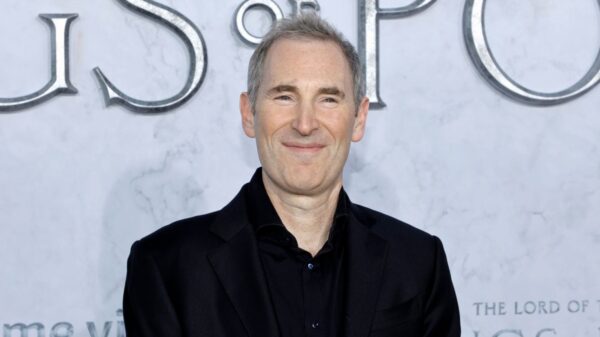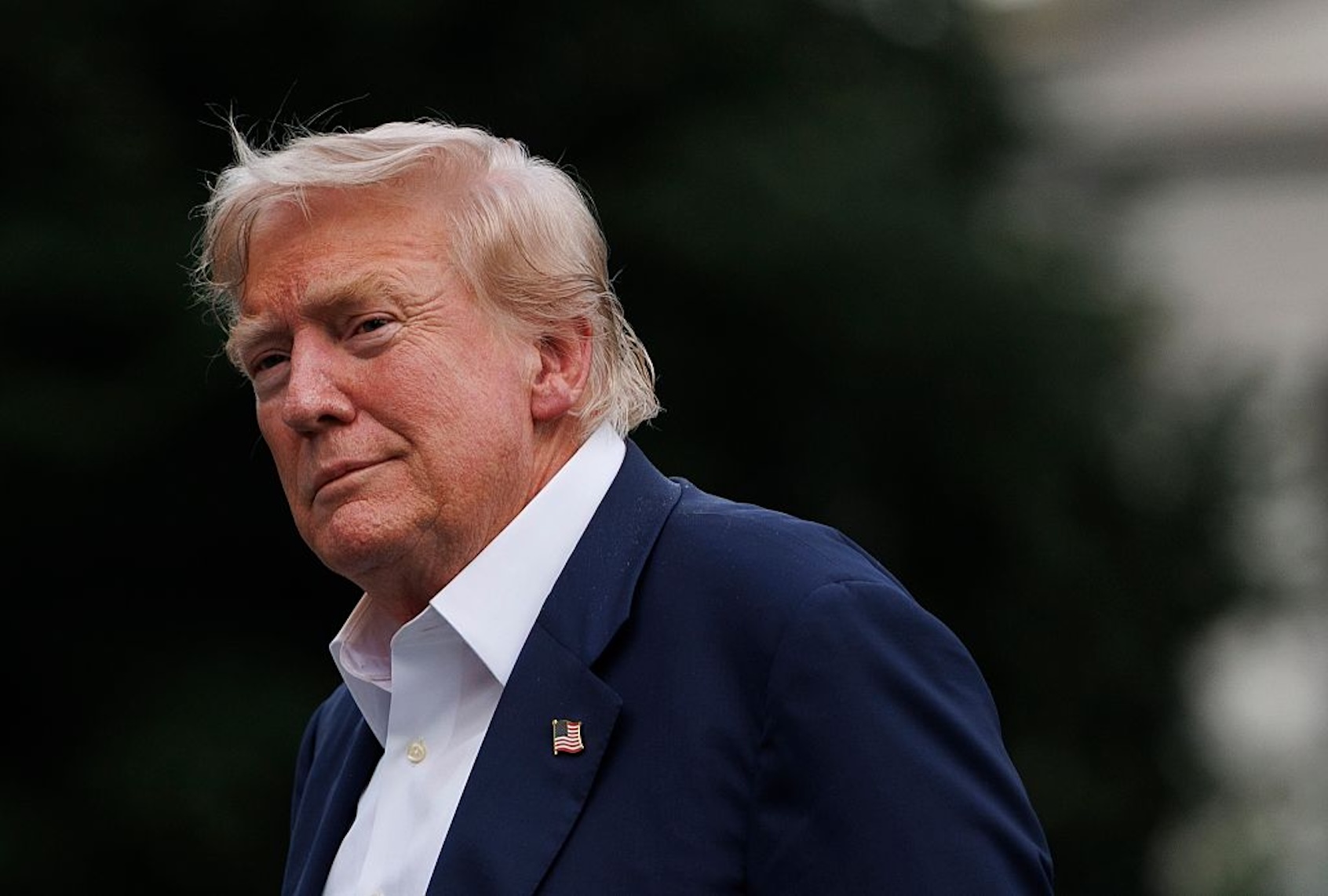In his second term, President Donald Trump has significantly shaped the clemency landscape by granting pardons predominantly to allies and supporters. These actions have raised concerns about the fairness of the clemency process, particularly for individuals who have adhered to established protocols set by the Department of Justice (DOJ) but remain waiting for their petitions to be addressed.
Trump’s recent pardons included Rudy Giuliani and various figures associated with efforts to challenge the legitimacy of the 2020 presidential election. While these pardons appear largely symbolic, especially since they do not cover ongoing or potential state prosecutions, they mark a continuation of a trend observed throughout Trump’s presidency. In less than a year back in office, he has granted clemency to 77 individuals, including a controversial commutation to George Santos, a former congressman convicted of fraud.
Many individuals who have followed the DOJ’s structured approach for clemency applications feel increasingly sidelined. Traditionally, applicants must wait five years post-incarceration, demonstrate good conduct, and express remorse through petitions submitted to the Office of the Pardon Attorney. Yet, under Trump’s direction, the formal process has been largely bypassed, leading to a growing backlog of over 10,000 pending clemency requests.
The disparity is evident: in Trump’s second term, only 10 out of approximately 1,600 pardoned individuals had actually filed petitions through the proper channels. This marks a stark deviation from the norm, as previously, many recipients of clemency had gone through the traditional review process. In fact, an estimated 1,500 of these pardons were granted to individuals involved in the January 6, 2021 Capitol riot, further illustrating the politicization of clemency.
Margaret Love, a former pardon attorney, expressed frustration over the current situation, stating, “It’s unfair to the little guy. I tell people, ‘Sorry, you don’t have a chance.’” This sentiment is echoed by many who feel their legitimate applications are lost in a system that now favors those with political connections or financial backing.
The DOJ has not provided clear guidance on why recent pardons have often bypassed the usual review process. A spokesperson indicated that the Office of the Pardon Attorney is committed to processing applications consistently and without bias, yet the reality for many applicants suggests otherwise.
In a particularly notable case, Trump granted a pardon to Changpeng Zhao, the CEO of cryptocurrency exchange Binance, who had previously pleaded guilty to charges related to money laundering. Reports indicate that Binance had engaged a lobbyist to advocate for this pardon, highlighting the intersection of political influence and clemency.
While Trump has claimed that he seeks to pardon individuals wrongfully prosecuted by the Biden administration, a House Judiciary Committee report revealed that his second-term pardons eliminated over $1.3 billion in restitution and fines owed to victims. Critics argue that this misuse of presidential power undermines the justice system and the intended purpose of clemency.
The clemency process has long faced scrutiny for its perceived inefficacy and lack of transparency. Many argue that the traditional review system is riddled with conflicts of interest, where DOJ attorneys who once prosecuted individuals are now tasked with reviewing their clemency requests. Although Trump had the opportunity to reform this process, experts contend he has instead exploited it, prioritizing political ties over justice.
Individuals left waiting for clemency include those like Tony Gene Broxton, a former fire department employee who lost his rights to own firearms due to a felony conviction. After applying for a pardon under Trump, he remains in limbo, checking the status of his case daily without any updates.
The clemency landscape under Trump’s administration has shifted from a structured protocol to a system where political connections often dictate outcomes. This transition raises critical questions about the integrity of the clemency process and its future direction.
As the debate over the use of presidential pardons continues, many individuals with legitimate claims are left grappling with a system that increasingly appears to prioritize political loyalty over fairness and justice. The evolving narrative underscores the need for a transparent and equitable clemency process that serves all citizens, not just those with access to power.





































































